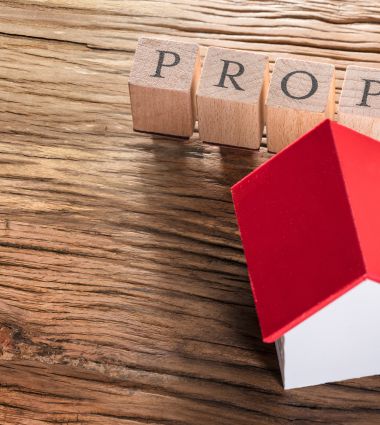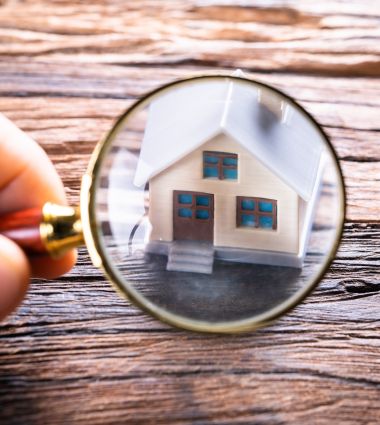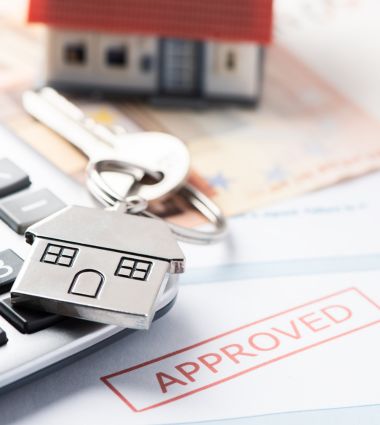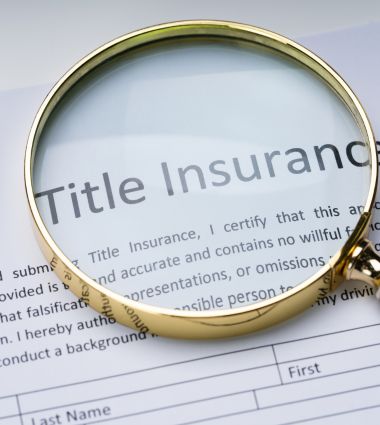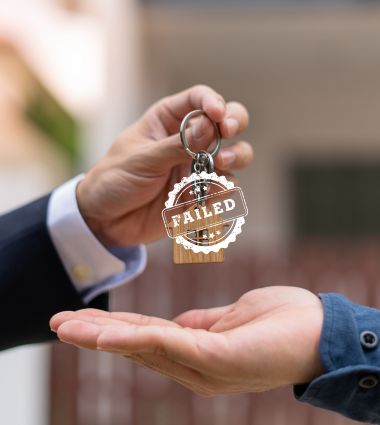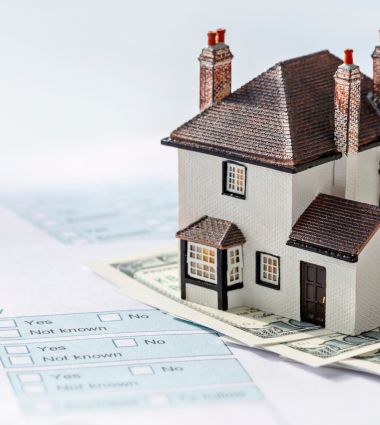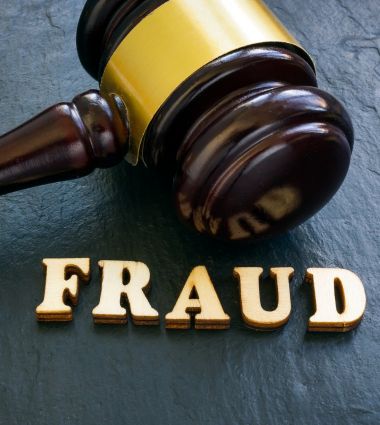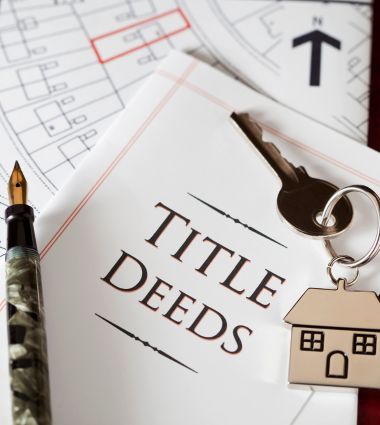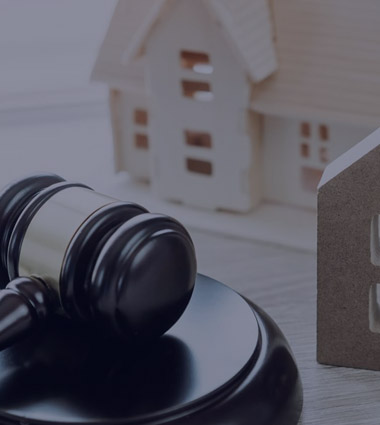Title Fraud in Oakville: How to Protect Your Home from Scammers
Imagine waking up one day to find out someone else legally owns your home. It sounds like something from a movie, right? Unfortunately, title fraud is very real, and it’s happening more often than people think. In cities like Oakville, where real estate prices are high, scammers see an opportunity to cash in. They can forge documents, steal identities, and transfer ownership of a property without the real owner even knowing.
For homeowners, this isn’t just a paperwork problem — it can mean years of legal battles and financial stress. The good news? There are ways to protect yourself. This guide will walk you through how title fraud happens, how to spot the warning signs, and the steps you can take to keep your home safe.
How Title Fraud Happens: The Scammers’ Playbook
Title fraud isn’t just one trick — it’s a mix of identity theft, forgery, and real estate fraud, all rolled into one. Scammers work in steps, and here’s how they usually pull it off:
1. Stealing Your Identity
It all starts with personal information. Fraudsters can get their hands on it in different ways — phishing emails, fake calls pretending to be your bank, data breaches, or even something as simple as stealing mail from your mailbox. If they gather enough details, like your name, date of birth, and home address, they can start pretending to be you.
2. Faking Ownership
Once they have your information, they create fake documents to transfer the property title into their name. They might even go as far as making counterfeit IDs to fool lawyers and banks into believing they’re the rightful owners. Because most of these transactions happen digitally or through paperwork, no one questions whether they actually live in the house.
3. Selling the Home or Taking Out a Mortgage
With the fake title in hand, the scammer now has options. They can sell the property to an unsuspecting buyer who has no idea the sale is fraudulent. Or they can take out a large mortgage against the home, pocket the cash, and disappear. Either way, the real homeowner is left dealing with the aftermath, which can take months — sometimes even years — to fix.
Who’s Most at Risk?
Scammers often go after properties where the owner isn’t actively checking on things. These include:
- Vacant homes – If no one’s living there, it’s easier for fraud to go unnoticed.
- Rental properties – Landlords might not check title records regularly, making them prime targets.
- Homes owned by seniors – Fraudsters assume elderly homeowners might not keep a close eye on legal documents or mortgage records.
Title fraud is one of those crimes that can happen quietly and only come to light when it’s too late. That’s why staying alert and knowing how scammers operate is the first step in protecting your home.
Warning Signs: How to Know If Your Home Title Is Compromised
Title fraud doesn’t always come with flashing warning lights. Most homeowners don’t realize something’s wrong until the damage is already done. But there are a few signs that can tip you off before it’s too late.
1. Your Property Tax or Utility Bills Stop Coming
If you usually get property tax or utility bills in the mail and they suddenly stop showing up, don’t assume it’s a mistake. Scammers may have changed the name on the property title, which means official records could list someone else as the owner. If your city or utility provider no longer recognizes you as the homeowner, that’s a major red flag.
2. You Start Getting Mail for Someone Else
A few pieces of misdelivered mail aren’t unusual, but if you notice bank statements, legal documents, or even credit card offers addressed to someone who doesn’t live there, pay attention. This could mean someone has used your home’s address for fraudulent activity, or worse, they’ve already started the process of stealing your property title.
3. You Receive Notices About a Mortgage You Never Took Out
If a lender contacts you about a mortgage you don’t recognize, it’s time to act fast. Title fraudsters often take out home equity loans or new mortgages using stolen identities. They collect the money and disappear, leaving the real homeowner responsible for payments they never agreed to.
4. Someone Tries to Sell Your Home Without Your Knowledge
Imagine getting a call from a real estate agent or a potential buyer asking about the sale of your home — except you never put it on the market. If this happens, a scammer might be trying to sell your property under your nose. This can happen more easily with rental properties, vacant homes, or properties owned by seniors who may not check on their title status frequently.
What to Do If You Notice These Signs
If anything feels off, don’t wait. Contact your local land registry office to confirm that you’re still listed as the legal owner. Report suspicious activity to your bank, mortgage lender, and real estate lawyer right away. The longer title fraud goes undetected, the harder it is to undo.
How Oakville Homeowners Can Protect Their Property
Title fraud is a growing problem, but there are ways to protect yourself before scammers get the chance. Whether you live in your home full-time, rent it out, or own a vacation property, staying one step ahead can save you from financial and legal headaches. Here’s what you can do:
1. Get Title Insurance
Title insurance is one of the best ways to protect your home from fraud. If someone forges documents to transfer your property to their name or takes out a mortgage using stolen information, title insurance covers your legal costs and financial losses. It’s a one-time payment that lasts as long as you own the home, making it a smart investment. In Ontario, while it’s not legally required, many homeowners get it for peace of mind.
2. Keep an Eye on Property Records
Your home’s title isn’t something you check every day, but fraudsters take advantage of that. In Ontario, you can look up your property’s status through the Ontario Land Registry. Make it a habit to check that your name is still on the title, especially if your home is vacant or rented out. If something looks off — like an unexpected name change — act fast. The sooner you catch fraud, the easier it is to fix.
3. Protect Your Personal Information
Scammers need your personal details to commit fraud. They often get this information through phishing emails, stolen mail, or data breaches. Take simple steps to keep your information safe:
- Shred old bank statements and documents before throwing them out.
- Be careful about what you share online or over the phone—banks and government agencies won’t ask for personal details through email or text.
- Check your credit report regularly to spot any suspicious activity.
4. Work with a Real Estate Lawyer for Any Transactions
Whether you’re buying, selling, or refinancing in Oakville, a real estate lawyer plays a critical role in keeping your property secure. They verify the legitimacy of all documents, check for unusual activity, and ensure that your title remains clear of fraud. Many scams succeed because homeowners don’t catch small red flags — an experienced lawyer can spot these warning signs before they turn into bigger problems.
If you ever notice anything suspicious with your property, don’t wait. Contact a real estate lawyer right away. The sooner you act, the better your chances of stopping fraud before it causes serious damage.
What to Do If You Suspect Title Fraud
If you think someone has tampered with your home’s title, don’t brush it off. Title fraud doesn’t fix itself, and the longer it goes unnoticed, the harder it is to reverse. Here’s what you should do right away:
1. Check Your Property Title
Start by contacting the Ontario Land Registry to confirm if your name is still listed as the rightful owner. You can request a property search to see if any changes have been made without your knowledge. If something looks off — like a mortgage you never took out or a name you don’t recognize — it’s time to act fast.
2. Report It to the Police and Financial Institutions
If fraud has occurred, file a police report immediately. This creates an official record of the crime, which will be important for any legal action. Also, notify your bank or mortgage lender to stop any fraudulent transactions. If money has already been taken out in your name, acting quickly could help prevent further financial damage.
3. Call a Real Estate Lawyer Right Away
This is where a real estate lawyer expert in title fraud can be of great help. Title fraud cases can get complicated, and you’ll need a legal expert who knows how to fight them. A lawyer will guide you through the legal steps to reclaim your property, challenge fraudulent documents, and work with the necessary authorities to set things right. If you don’t act fast, scammers can sell or refinance your home before you even realize what’s happening.
Final Thoughts: Why Awareness Is the Best Protection
Title fraud isn’t something most homeowners think about — until it’s too late. But staying informed can make all the difference. Check your property records regularly, protect your personal information, and consider getting title insurance to cover legal costs if fraud ever happens.
Owning a home is a major investment, and taking a few precautions now can save you from financial and legal nightmares down the road. If something feels off, don’t wait — talk to a real estate lawyer and take action before someone else takes control of what’s rightfully yours.
Real Estate
Family Law
Wills & Estates
Immigration
Join Our Mailing List.
Sign up with your email to receive our newsletter and stay informed about the latest legal developments and special offers.










